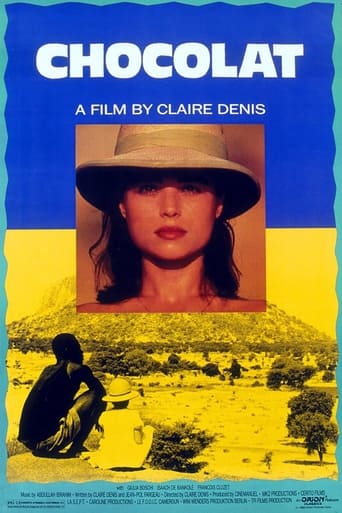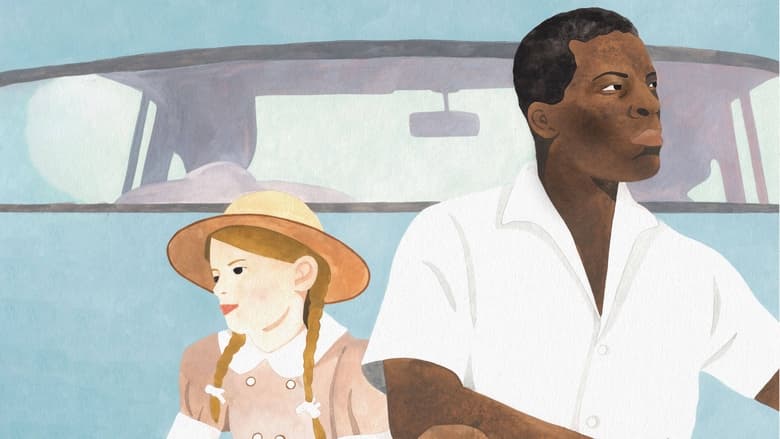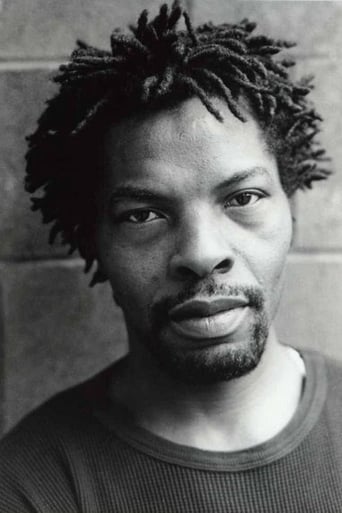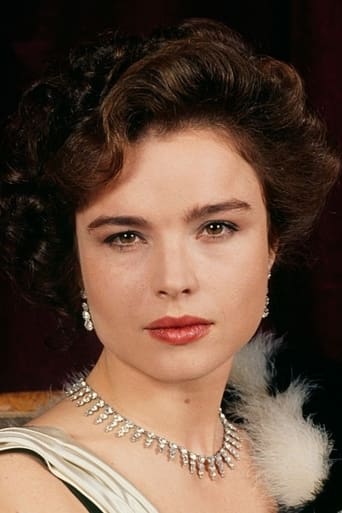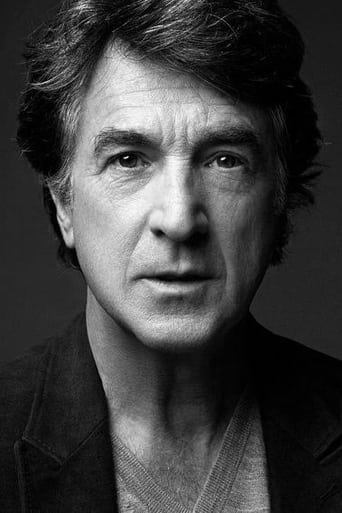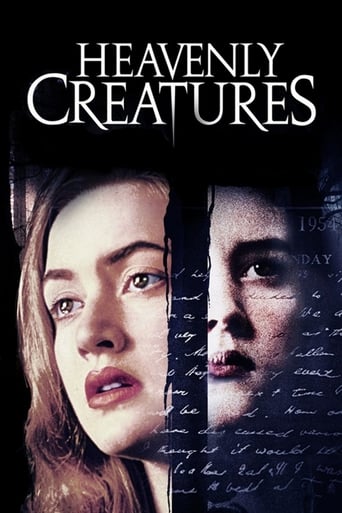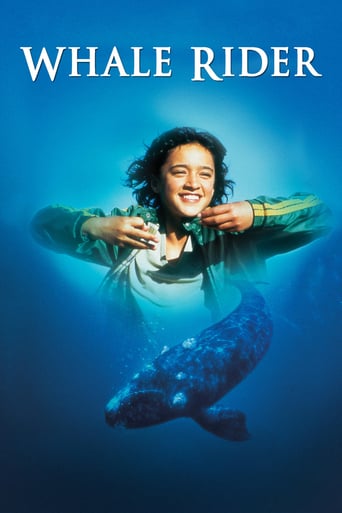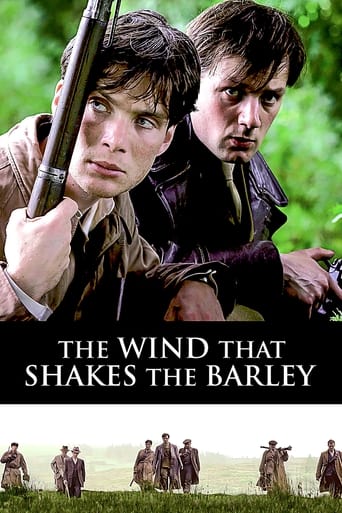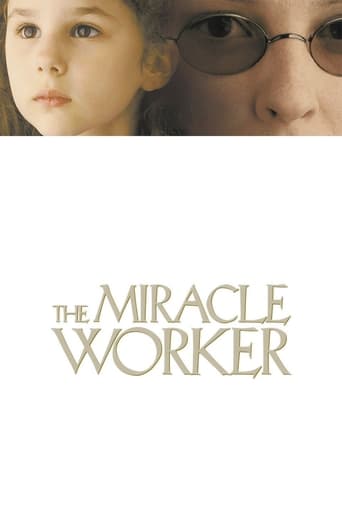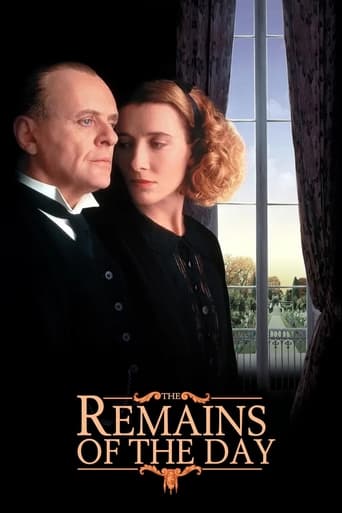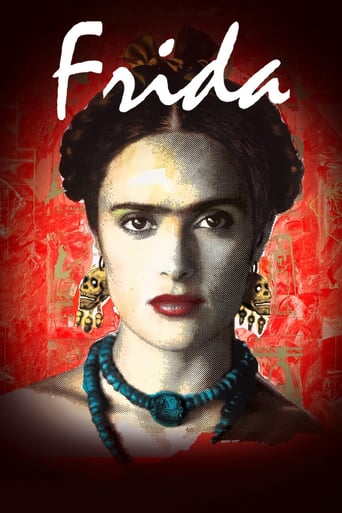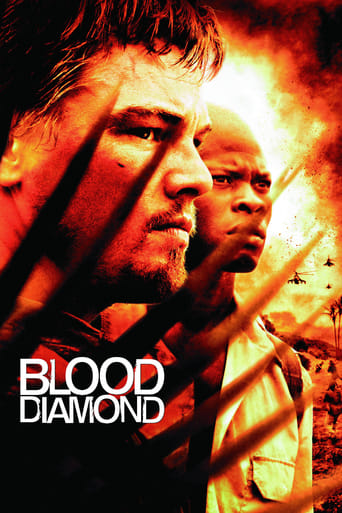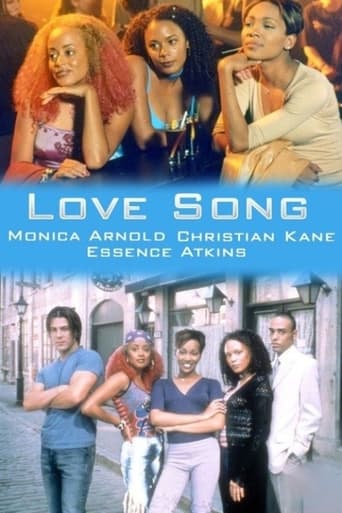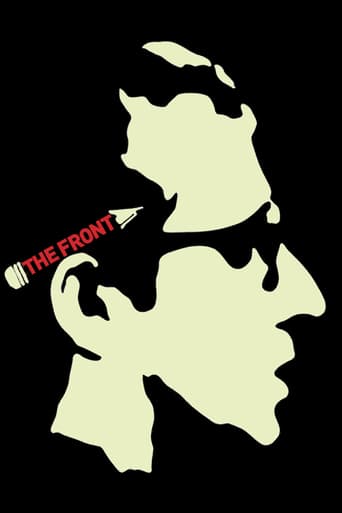Chocolat (1989)
On her way to visit her childhood home in a colonial outpost in Northern Cameroon, a young French woman recalls her childhood, her memories concentrating on her family's houseboy.
Watch Trailer
Free Trial Channels
Cast


Similar titles
Reviews
Most undeservingly overhyped movie of all time??
Ok... Let's be honest. It cannot be the best movie but is quite enjoyable. The movie has the potential to develop a great plot for future movies
This film is so real. It treats its characters with so much care and sensitivity.
There's no way I can possibly love it entirely but I just think its ridiculously bad, but enjoyable at the same time.
Claire Denis' debut is both a brave and self-assured one. In this depiction of life towards the end of French colonialist Cameroon, she explores the relationships between men and women, black and white.With the black servant 'Protée' as the film's primary object of desire and oppression, the film enters taboo territory from the beginning. Denis builds a picture of life through a series of character relationships that keep the informed viewer fixed to the screen. The mood of the film is captured perfectly by the camera-work and (lack of) lighting.A great discourse.
In reflecting on this movie I can think of two others to help put it in perspective. One relatively forgettable but covering the same geography, is Coup de Torchon, the other thousands of miles away and much larger in scope is the unforgettable Indochine. Claire Denis has produced a movie that has some of the grand underpinnings of Indochine, the complex and unspoken relationship between France and her colonial subjects.I was struck with the dignity of Potee, with his struggle to maintain his dignity among his peers and with his white bosses. I was also struck with the love/hate relationship between him and Aimee. It is the latter that gives the film its driving force, it is the latter that links this movie to Indochine.One never is sure what motivates everyone, though some of the characters are required of a remembrance of colonialism. It is this cynical side of the story that ties it to Coup de Torchon. Theirs is the more scandalous story, perhaps even more interesting in a depraved way, but Denis gives us a remembrance of how it was with all the tension and unresolved relationships.The American black who gives the grown up France a ride in the beginning and end of the movie offers yet another interesting side to the confusion that we in the Western world have when we look at Africa. He says that when he came he wanted to call everyone brother. He was coming home, but they just thought him to be a little daft. France, the character and the girl, grew up in Cameroon, but neither fully understands what it is even though they can remember how it was.
By way of a woman's remembrance we are asked to reflect upon themes - coming of age, colonialism, race, religion, the power of the elements - that are often presented in a heavy-handed and awkward manner. This film is very understated and thoughtful. There is no one single message or moral here; these are complex themes and so there is often ambiguity.I liked this film very much. I know this will seem trite, but, not many American Directors make small films like this - ones that deal with complex themes in a gentle and intelligent manner.
My 3rd-year French classes always enjoyed this film very much. In a multi-cultural, inner-city high school, the film provided many subjects for discussion (in French in class, but I know a lot of discussion went on in English after class). The most obvious is the relationship between Protée and Aimée compared to the one between Protée and France.I always mentioned that I felt this film had one of the "sexiest" scenes I had ever seen in a movie. One year, a 17-year-old African-American shouted, "Yes!" when he figured out the scene: the one where Protée is helping Aimée lace up her evening dress, all the while both are examining the reflection of the other in the mirror. Directors use the "mirror technique" when then want to focus on the inner conflict on the part of one or more character in a scene: this is a perfect example of the technique, and it is "sexy".Most students had trouble understanding the end of the film. One suggested that one theme of the movie was "Africanism", and that no matter how much one loved Africa or Africans, one cannot "become" African (like the driver tried to do): one must BE African.

